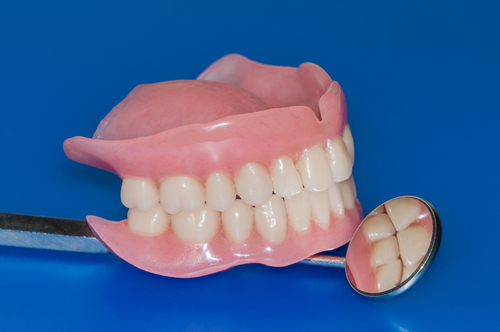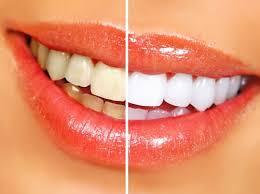
It’s easy to miss brushing your teeth every once in a while. Sometimes you might be too tired to put in the effort, but oral health is important to your overall health. Especially as you get older. There’s a lot you need to know about how your oral health affects your overall health.

What You Need to Know About Oral Health
There is a lot to break down with dental/oral health. It’s easy to overlook how much your mouth exposes the rest of your body to. Harmful bacteria and inflammation in your mouth are connected to heart disease, premature birth, and low birth weight.
Some Quick Dental Health Facts
- Almost 100% of adults have at least one dental cavity
- Around 15 to 20% of adults between 35 to 44 have severe gum disease
- Around 30% of people aged 65 to 74 don’t have any natural teeth left
- In most countries, for every 100,000 people, there are 1 to 10 cases of oral cancer
Why You Develop Dental/Oral Problems
Your mouth collects bacteria, viruses, and fungi. Having a little of it is normal and can even help you sometimes. When you get too much, that’s when problems start to surface. Acid-producing bacteria is what you have to be most afraid of. It can dissolve tooth enamel and cause cavities.
Bacteria around your gum line is called plaque, and it builds up, hardens, and goes down the length of your teeth. If you don’t get rid of it by brushing and flossing it can inflame your gums and create gingivitis. Inflammed gums tend to pull away from your teeth, creating pockets where bad bacteria can build and turn into periodontitis. It will make your teeth looser.
Symptoms of Poor Oral Health
- Ulcers, sores, or tender areas in your mouth that won’t heal after a week or two
- Bleeding or swollen gums after brushing or flossing
- Always having bad breath
- Teeth sensitivity to hot and cold
- Pain or toothache
- Loose teeth
- Receding gums
- Pain when chewing or biting
- Swelling of the face and cheek
- Your jaw clicking
- Cracked or broken teeth
- Always having a dry mouth
How to Keep Your Teeth Clean and Healthy
- Brush your teeth with a fluoride toothpaste at least twice a day
- Floss your teeth at once a day
- Don’t eat a lot of sugar
- Eat lots of fruits and veggies
- Avoid tobacco products
- Keeping up with professional dental care
- Getting Fluoride treatments
Learn more here.

